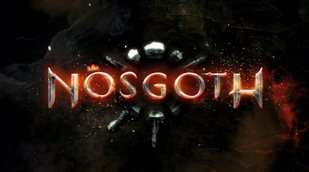
Square Enix certainly does have a large reputation for producing high-quality games (such as both the Final Fantasy series and Kingdom Hearts) along with a loyal fan-base of millions worldwide, so surely investing in a new Legacy of Kain game on their part would only contribute to its success? It’s not impossible, but the goals of Square Enix have changed since the studio began absorbing other smaller studios and branching out as a business. Making money is and always has been key for them, but Legacy of Kain was originally developed by Eidos Interactive (which officially became Square Enix Europe in 2009) from Soul Reaver onwards and – simply put – Square Enix bought the studio primarily for the Tomb Raider licensing rights, not those to Legacy of Kain.
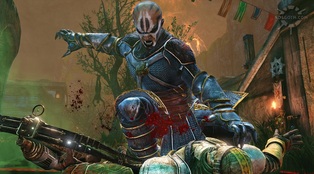
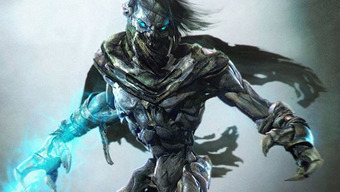
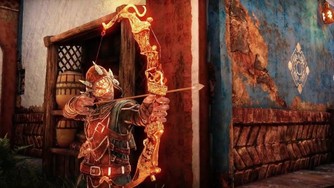
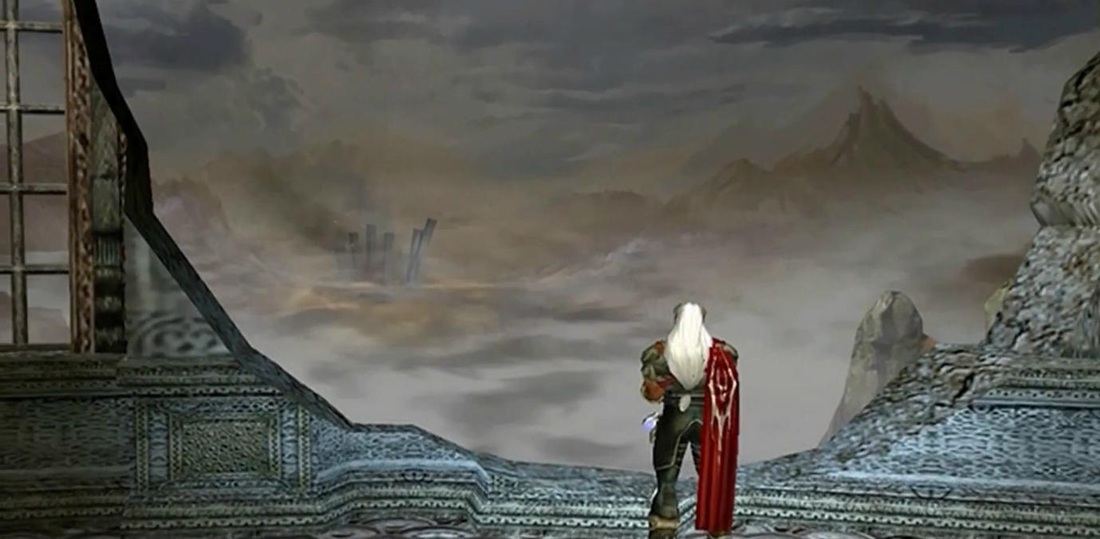

 RSS Feed
RSS Feed
